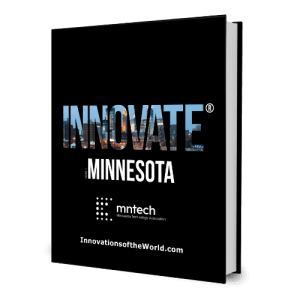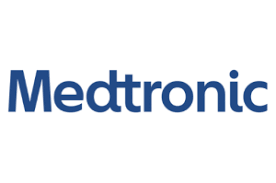Geoff Martha
President & CEO – Medtronic
Millions of Americans are affected by pain and have been prescribed systemic opioids as part of their treatment plan. Whether for chronic or acute pain, prescribing systemic opioids continues, despite the limited evidence on the benefits of long-term systemic opioid therapy and evidence that long-term systemic opioid therapy is associated with increased risk for opioid misuse or addiction. An estimated 11.4 million Americans are misusing opioids, with 63% doing so to relieve physical pain. 25% of chronic pain patients also are misusing prescription oral opioids.
As part of the comprehensive efforts in the United States to address the opioid epidemic, device-delivered therapies are being considered as an alternative or adjunct to systemic opioids in the management of acute and chronic pain. Device-delivered therapies of spinal cord stimulation, intrathecal pain pumps, and vertebral augmentation, along with several other procedures, have been identified by the US Department of Health and Human Services in The Pain Management Best Practices Inter-Agency Task Force Report as interventional procedures. These can be considered singularly or as part of a multimodal approach to managing chronic and acute pain, depending on the patient. Through greater awareness and use of device-delivered therapies, healthcare providers can reduce pain for many patients—and potentially reduce their exposure to high dose opioid and/or long-term systemic opioid use. This in turn could help disrupt the opioid epidemic.
Medtronic Pain Therapies do not treat opioid addiction, but rather offer patients a way of managing their pain as an alternative or adjunct to systemic opioids. Medtronic has already published clinical evidence
that shows reduction in the use of systemic opioids with Targeted Drug Delivery (i.e., intrathecal pain pumps) and acute pain associated to vertebral compression fractures (VCF) using Balloon Kyphoplasty as a technology for vertebral augmentation. We know that not every patient experience is the same, and so we continue to invest in clinical trials that generate new evidence to help physicians make more informed pain treatment decisions.
Medtronic supports ongoing efforts by stakeholders across the US—patients, providers, payers, regulators, elected officials, patient advocacy groups, and employers—as they pursue approaches for preventing and treating prescription opioid misuse, addiction, and overdose. We are playing an important role alongside other stakeholders in helping patients take control of their pain in several ways: by informing them of their options for device-delivered pain relief; partnering with providers to consider non-systemic opioid pain relief in treatment plans for patients with acute and chronic pain; and educating payers, policymakers, and regulators to enable greater patient access to medical devices shown to alleviate pain as an alternative or adjunct to systemic opioids.
Healthcare providers, payers, elected officials, regulators and patient advocacy groups all hold important pieces to the puzzle, and we must work together. It starts with novel care pathways and personalized treatment options to help these patients break their cycle of misuse or dependency. Solutions must also help the approximately 7.2 million patients who misuse opioids to alleviate pain, and these patients need effective policies and programs that will expand access to medical devices shown to relieve pain as an alternative or adjunct to systemic opioids.
Partnership is the path forward in addressing the systemic opioid and pain management crises. Together, we must pursue effective policies and programs that will expand patient access to medical technologies shown to relieve pain as an alternative or adjunct to systemic opioids.















